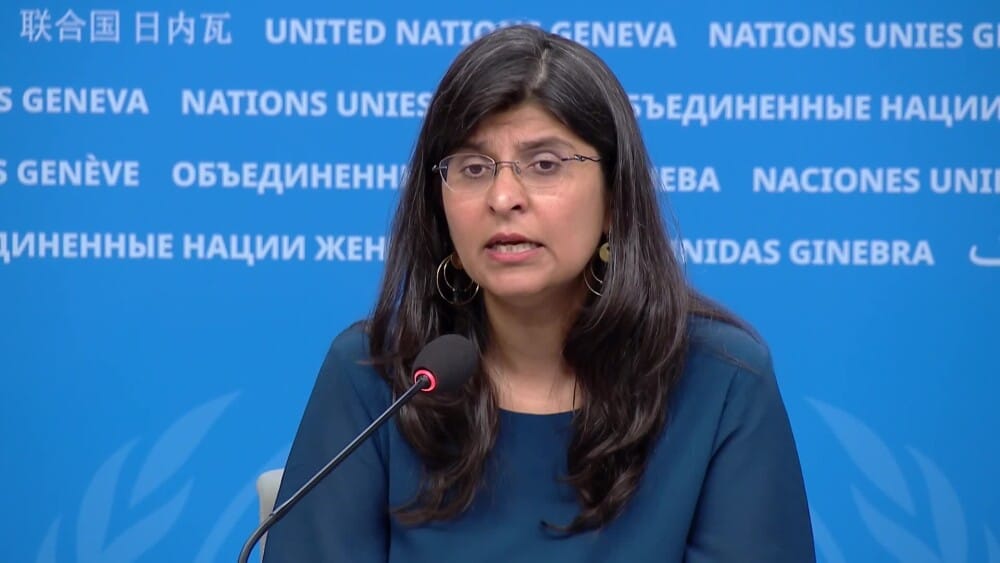UN Warns of Grave Human Rights Violations in Suweida
The UN human rights chief stated that his office has received credible reports of widespread abuses, including summary executions and arbitrary killings during recent clashes in southern Syria’s Suweida province. Those allegedly responsible include members of the security forces, individuals affiliated with the interim government, and local Druze and Bedouin militias. Volker Türk emphasized that “those responsible must be held to account,” urging an end to the violence.
The clashes have reportedly left nearly 600 people dead since fighting erupted between Druze and Bedouin factions. Although a ceasefire was declared three days ago, fighting continued west of Suweida, near the village of Walgha. Meanwhile, Israel allowed limited entry of Syrian Internal Security Forces into Suweida for 48 hours to help protect Druze civilians.
Ongoing Displacement and Humanitarian Challenges
The UN humanitarian office reported that nearly 2,000 families remain displaced, and that roadblocks and insecurity are preventing the delivery of food, medical supplies, and other aid. This marks the first large-scale deployment of forces to Suweida city since Islamist-led rebels overthrew the central government in 2011. Interim President Ahmed al-Sharaa initially responded by deploying troops to contain the violence. However, as clashes escalated, government forces were accused of extrajudicial killings of Druze civilians.
Türk’s office documented at least 13 unlawful killings on July 15, including six men who were allegedly summarily executed near their homes. Another incident involved armed actors firing on a family gathering. The office also reported the public humiliation of a Druze man, whose mustache—a cultural symbol in Druze tradition—was forcibly shaved.
International Response and Investigations
In a televised address, interim President Sharaa promised to protect the Druze population and prosecute those responsible. He blamed “outlaw groups” for refusing dialogue and provoking violence. The government later agreed to withdraw the military and hand over security duties to local religious elders.
State media and tribal sources accused these “outlaw groups” of carrying out atrocities against Bedouin fighters and civilians. Türk called for independent and transparent investigations, warning that revenge would only fuel further instability.
The Syrian Network for Human Rights reported 321 deaths in Suweida, including six children and nine women, while the Syrian Observatory for Human Rights documented 594 fatalities, including 83 cases of summary execution. Civilian casualties were also linked to Israeli airstrikes, which targeted government positions in Suweida, Daraa, and central Damascus. Israel stated the attacks aimed to pressure Syrian forces to halt operations against Druze communities.
Türk concluded by reiterating that security forces should protect—not endanger—civilians. “The deployment of state security should bring safety,” he said, “not add to fear and violence.”
For more on international human rights law, visit Office of the High Commissioner for Human Rights.



